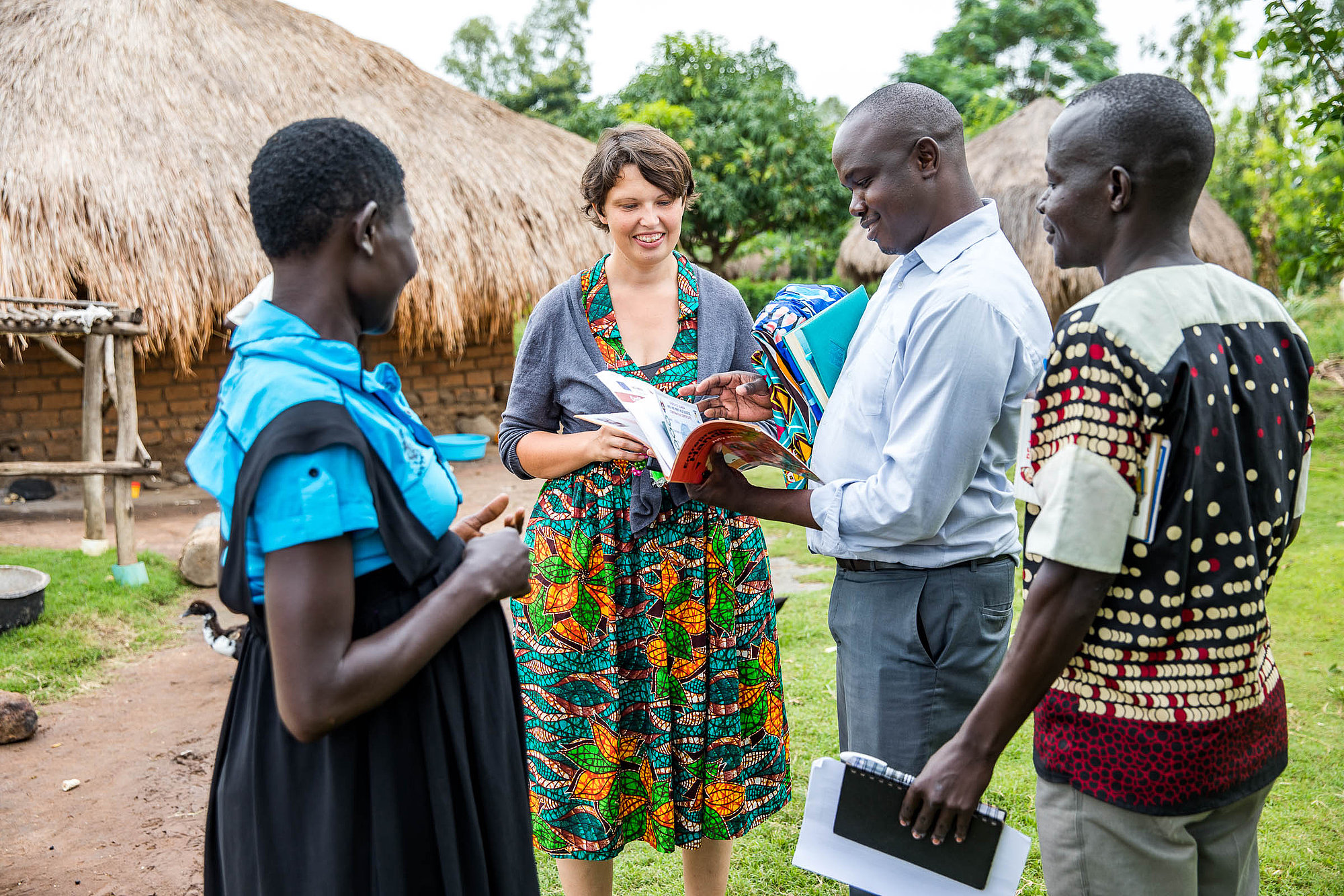Dealing with the violence of the past and reconciliation
The experience of injustice and violence has a profound impact on the lives of the people and societies concerned. These inequities of the past and the present shape the future of a society and influence the way people live together. If peace is to flourish again and people are to come to terms with traumatising events, it is essential that victims are provided with long-term support. Furthermore, societies need to gain a deep understanding of how they can face and cope with a past that is marred by violence and injustice. Remembrance work helps people and societies stricken by violence to reclaim and strengthen their ethnic, religious and cultural identities. Places of remembrance, such as memorials, play a very important role in this process.
Civil society and church involvement
Church and civil society organisations have considerable resources and potential to restore truth, memory and justice, and to deal with injury and loss. They are generally the first and most important points of contact for victims, especially in the most dire of circumstances, and this steadfastness in the face of adversity has earned them trust and respect. Through a variety of programmes, they support victims and enable them to deal appropriately with the perpetrators of injustice. These organisations offer people a means of embracing their identity – above and beyond all political and ethnic boundaries. They can foster trust and the ability to engage in dialogue, thus helping to build bridges between those affected and diverse groups in society.
As religious institutions, church organisations take seriously the spiritual needs that are central to people who have been exposed to violence and are seeking to come to terms with grief, healing and reconciliation.
From theatre to reintegration and recollection
There are many aspects to dealing with a violent past. CPS development workers support efforts such as theatre projects that encourage victims and give them a voice again. Working hand in hand with local organisations, they build places of remembrance and contribute to the restoration of collective memories. They help in the search for missing family members and support society with the reintegration of violent perpetrators. In addition, they advise the partners on documenting and truth-finding as well as on representing victims’ interests in the historical and legal process of coming to terms with the violence.
